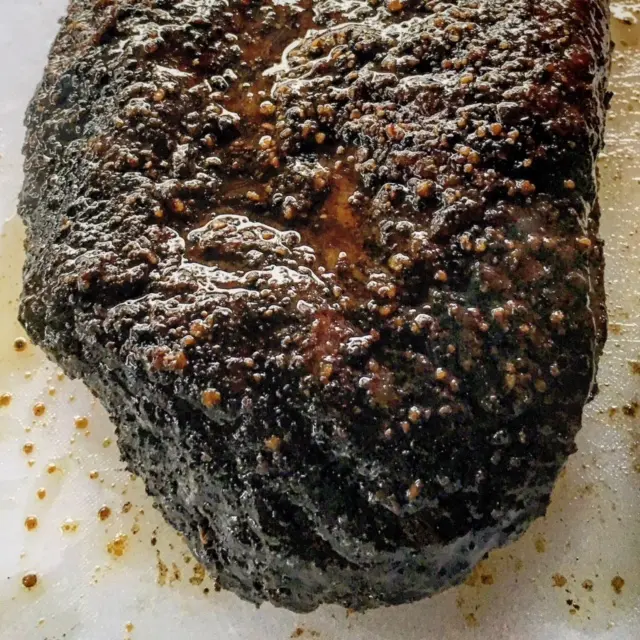Smoked foods have gained popularity for their unique and rich flavors. However, for some individuals, consuming smoked food can lead to allergic reactions known as smoked food allergy. In this article, we will explore what smoked food allergy is, its symptoms, and how to manage and treat this condition.
What is Smoked Food Allergy?
Smoked food allergy is an immune system reaction triggered specifically by consuming smoked food. When someone with this allergy eats or inhales the proteins produced during the smoking process, their immune system mistakenly identifies these proteins as harmful substances and responds by releasing chemicals like histamine. This immune response leads to various symptoms associated with smoked food allergy.

Symptoms of Smoked Food Allergy
The symptoms of smoked food allergy can vary from mild to severe and may include:
- Gastrointestinal Issues: Individuals may experience stomach pain, nausea, vomiting, or diarrhea after consuming smoked food.
- Respiratory Problems: In some cases, people may develop coughing, wheezing, or shortness of breath as a result of smoked food allergy.
- Skin Reactions: Skin reactions such as hives, itching, or eczema can occur after eating smoked food.
- Anaphylaxis: In rare cases, smoked food allergy can lead to a severe allergic reaction called anaphylaxis, which is a medical emergency requiring immediate treatment. Symptoms of anaphylaxis include difficulty breathing, rapid heartbeat, drop in blood pressure, and loss of consciousness.
If you suspect you have a smoked food allergy, it is crucial to consult with a healthcare professional for an accurate diagnosis and appropriate management strategies.
Managing Smoked Food Allergy
The primary method of managing smoked food allergy is to avoid consuming smoked food. Reading food labels and ingredient lists carefully can help identify products that contain smoked ingredients. It is also important to communicate your allergy to restaurant staff or food providers to prevent cross-contamination or accidental exposure to smoked foods.
In addition to avoiding smoked food, individuals with smoked food allergy may also find it beneficial to carry an epinephrine auto-injector (commonly known as an EpiPen) in case of severe allergic reactions. This device can be used to administer lifesaving medication, such as epinephrine, during emergencies.
Seeking Professional Help
If you suspect you have a smoked food allergy or have experienced symptoms, it is crucial to consult with a healthcare professional specializing in allergies or immunology. They can perform diagnostic tests, such as skin prick tests or blood tests, to confirm the allergy and provide appropriate guidance for managing the condition.
Can smoked food allergy be outgrown?
While allergies can sometimes be outgrown, there is currently limited research on whether smoked food allergy can be outgrown. It is essential to work with a healthcare professional to regularly monitor for any changes in your allergy status.
Are there alternative methods of enjoying smoky flavors?
Yes, there are alternative methods to enjoy smoky flavors without consuming smoked food. Some options include using liquid smoke, smoked spices, or grilling techniques that mimic the smoky flavor without the exposure to smoked food proteins. These alternatives can be a great option for individuals with smoked food allergy.
Can exposure to smoke trigger smoked food allergy symptoms?
In some cases, people with smoked food allergy may experience symptoms when exposed to smoke from cooking or grilling. It is essential to avoid exposure to smoke if it triggers allergic reactions and to inform those around you about your allergy to prevent accidental exposure.
Smoked food allergy is an immune system reaction triggered by consuming smoked food. Symptoms can range from mild to severe, and those affected should take precautions to avoid smoked food and communicate their allergy to others. Seeking professional help from an allergist or immunologist is essential for accurate diagnosis and management strategies. By following these steps, individuals with smoked food allergies can live well and enjoy a safe and healthy diet.
If you want to know other articles similar to Understanding smoked food allergy: symptoms & treatment you can visit the Food allergies category.


Related Articles